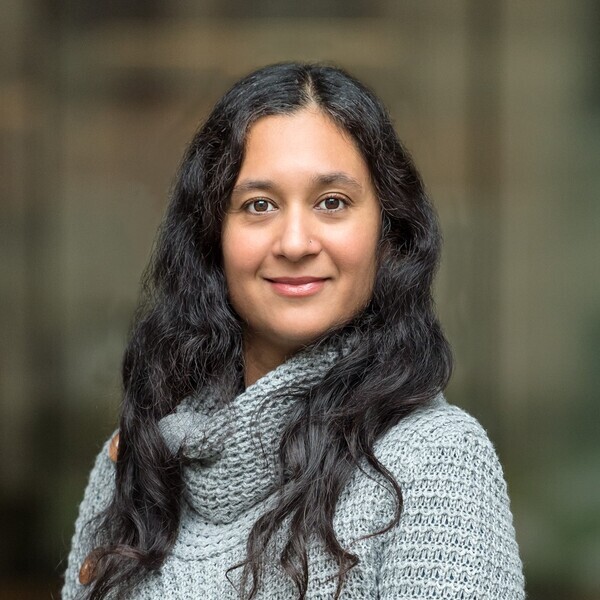
Project Objective: Assess the effectiveness and implementation strategy of an intervention co-designed with community interest holders that delivers nutrition education based on the Portfolio Diet on reducing T2D risk factors among Peel residents with elevated T2D risk
For lead investigator, Dr. Vasanti Malik, the Network for Healthy Populations Catalyst Grant program has allowed her team to address an issue that has great relevance to the people of Peel Region. They have conducted each part of the project in collaboration with community members, including the Peel Food Action Council.
Originally inspired by community gardening programs, Malik wanted to develop something that would teach important skills like nutrition while encouraging participants to spend time together and in nature. Now, after extensive consultation, the project includes several nutrition-based components as envisioned by the project’s Community Advisory Committee. The collaborative process allows for more flexibility and integration of ideas that may not have been considered by a research team alone.
“As researchers, we're used to thinking about things in a certain way. Working with community is really helpful in looking at things from different angles,” says Malik. “Our project is meant to be a diabetes prevention program for members of the community, so hearing from them about what may or may not work and why is important for designing an effective project. We want this to be sustainable.”
Malik’s lab is currently conducting focus groups with members of the Peel community who are part of the target population for the project, adding another layer of co-design. “Our hope is that this program will be adopted by a municipal government or a community organization so it becomes and ongoing resource and a prevention strategy for people who are at risk for developing type 2 diabetes,” she says.
Helping people develop nutrition-based skills they can take with them throughout their lives has enormous benefits and could be incorporated into the curriculum at a community centre or through an organization like the YMCA. The team is creating learning modules that they can test to see if they are effective and then once the research portion ends the modules could be adopted by organizations as tools for delivering the programming. “It’s about building life skills,” says Malik.
She hopes that not only will participants take away nutrition education and tools, but that they will want to continue to volunteer and take part in community gardening. “Something that’s special about this project is that after the intervention is done, if they’re enjoying it, they can continue to be engaged.”